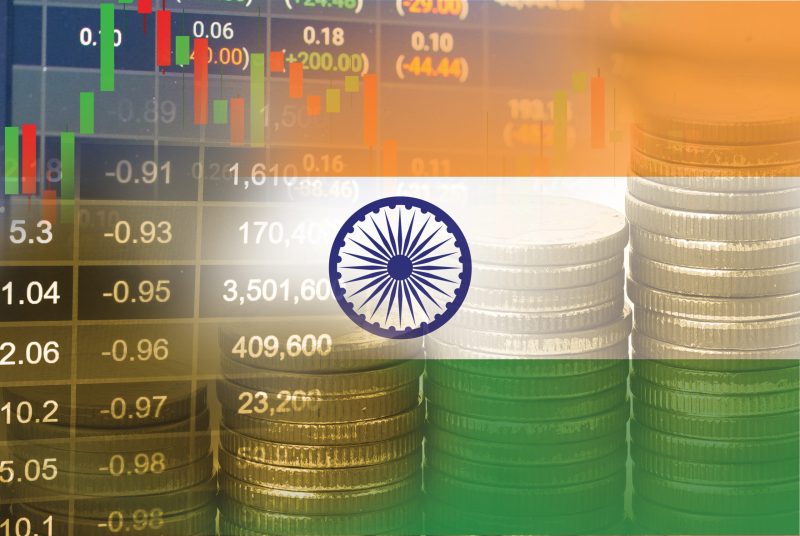India’s stock market has suffered its steepest decline in over a year, with total market capitalisation slipping below $4 trillion for the first time since December 2023.
A combination of a weakening rupee, foreign capital flight, and stretched valuations has triggered a selloff that wiped out over $1 trillion in equity value.
The country’s benchmark indices, Sensex and Nifty, have declined 2.6 percent so far this year, while broader indices have faced an even sharper downturn.
The BSE MidCap index has tumbled more than 12 percent, and the SmallCap index has lost over 15 percent, signalling deeper concerns about market breadth.
Foreign institutional investors have pulled more than $10 billion from Indian equities in 2025, raising fears about the sustainability of India’s bull run.
India lags behind global markets
India’s 18.33 percent decline in total market capitalisation is the sharpest among global markets in 2025.
Zimbabwe follows closely with an 18.3 percent drop, while Iceland ranks third with an 18 percent decline, according to Bloomberg data.
Major global indices have largely outperformed India. The US, which remains the world’s largest stock market, has recorded a 3 percent increase in market capitalisation this year.
China and Japan have posted gains of 2.2 percent each, while markets in Hong Kong, Canada, the UK, and France have registered increases of 1.2 percent, 7.2 percent, 7.1 percent, and 9.9 percent, respectively.
India’s market struggles come amid concerns over economic growth, earnings uncertainty, and a volatile political landscape.
The Indian rupee has weakened by nearly 1.5 percent against the US dollar this year, making it the second-worst-performing currency in Asia after the Indonesian rupiah.
This depreciation has made Indian assets less attractive to foreign investors, further exacerbating the selloff.
Mid and small caps hit hardest
While India’s stock market had previously been a magnet for investors seeking high-growth opportunities, concerns over stretched valuations are now weighing on sentiment.
At the IFA Galaxy conference, ICICI Pru AMC’s CIO, S Naren, warned against systematic investment plans (SIPs) in mid- and small-cap funds, citing high valuations and market volatility.
His comments sparked a broader discussion among market participants about whether India’s equity market remains an attractive bet for long-term investors.
Notably, renowned valuation expert Aswath Damodaran has also raised concerns about India’s expensive market.
Despite India’s strong GDP growth, he has pointed out that its equities remain among the most overvalued globally.
Meanwhile, China’s Shanghai Composite has outperformed the Sensex, further fuelling debate about whether India’s premium valuations are justified.
Global risks pressure equities
Beyond domestic factors, global economic uncertainties are also contributing to India’s market downturn.
The possibility of a tariff war under a second Trump administration has created additional nervousness among investors.
With India being a major exporter of services and goods to the US, any shift in trade policy could have a significant impact on corporate earnings.
Bloomberg’s methodology for calculating market capitalisation excludes ETFs and ADRs, focusing only on actively traded primary securities on exchanges.
This approach aims to prevent double counting, though it results in lower aggregate values compared to other sources.
The post India’s market cap falls below $4 trillion: what’s behind the slump? appeared first on Invezz


